
Visitors interested in military history and technology can explore a wide range of exhibits on 21 June during Hungary’s Night of Museums, from secret WWII encryption tools to modern fighter jets and interactive defence tech displays.
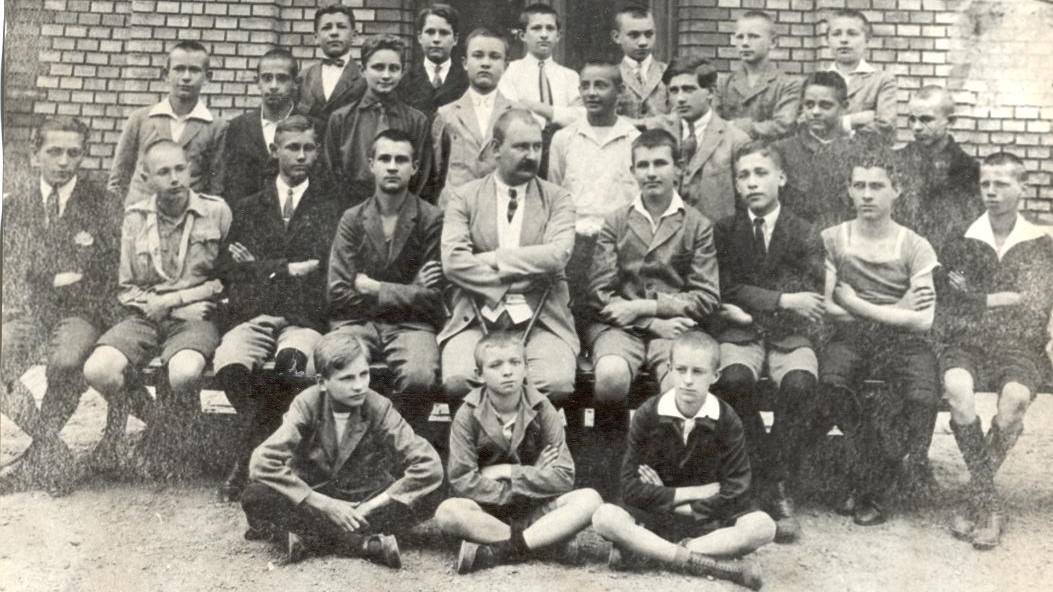
‘Karácsony’s influence extended beyond scouting; he was also a respected teacher and writer. His works often reflected his educational philosophy and his commitment to nurturing the youth. His legacy in Hungarian education and scouting remains significant, as he played a crucial role in shaping the lives of many young people through his innovative approaches and unwavering dedication.’
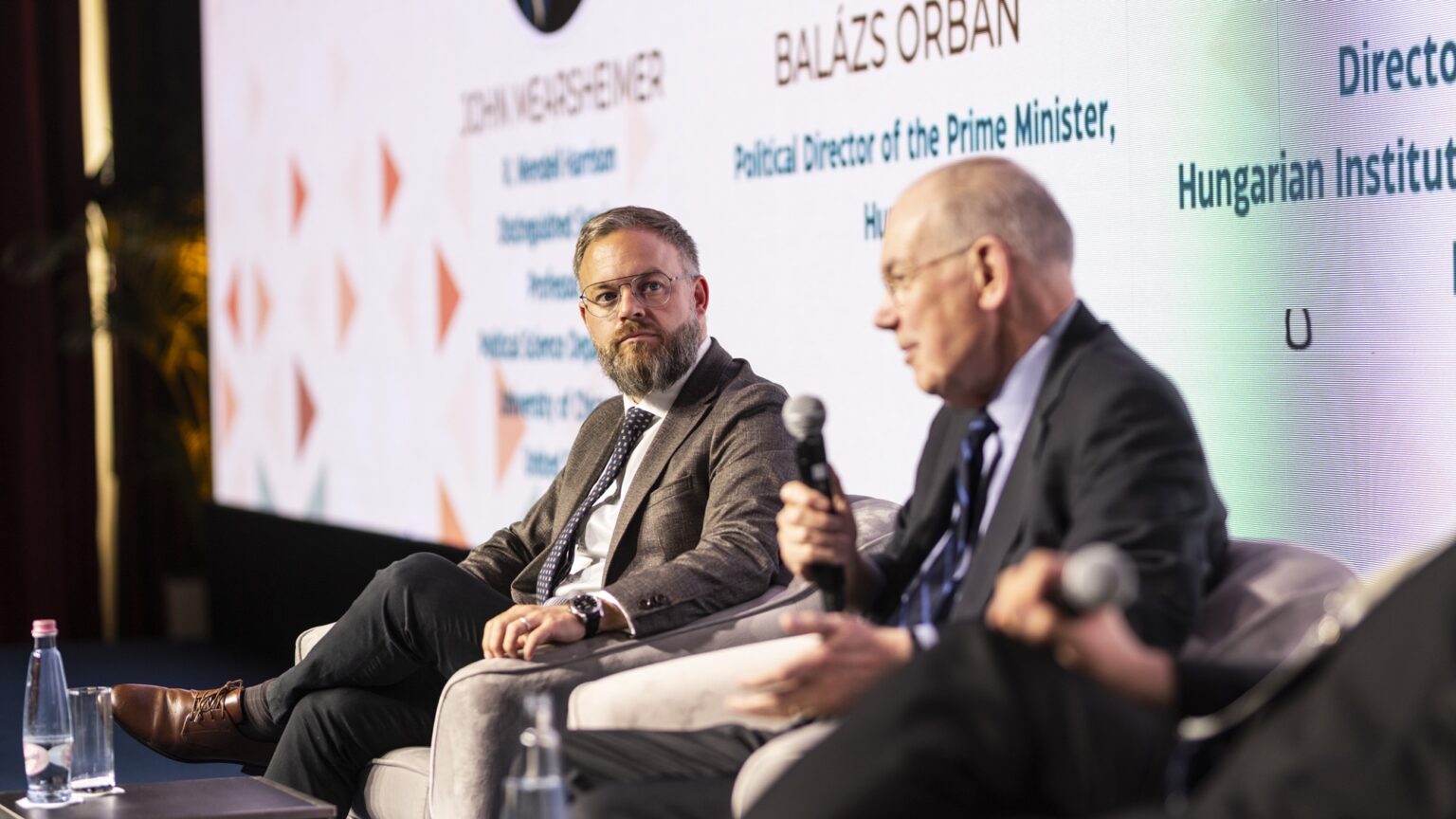
Political Director for the Prime Minister of Hungary Balázs Orbán and John Mearsheimer, political scientist and Distinguished Service Professor at the University of Chicago, got together for a fascinating panel discussion at the Budapest Global Dialogue 2025, where they talked about the possible outcomes of the Russo-Ukrainian war and the differences between realist and liberal foreign policy.

On this day, 53 years ago, on 17 June 1972, five former CIA operatives broke into the Democratic National Committee’s headquarters at the Watergate Hotel in Washington, DC. This is the historic scandal known as Watergate that led to the resignation of President Richard Nixon two years later, who remains the only POTUS in history to resign from office.

‘Tihany somehow brings peace in every season: it is a joy to see Balaton, to walk around the area, to eat delicious food together, and of course, June gives the biggest joy when you can smell the scent of lavender everywhere. This peninsula is a gem that cannot be explored enough.’
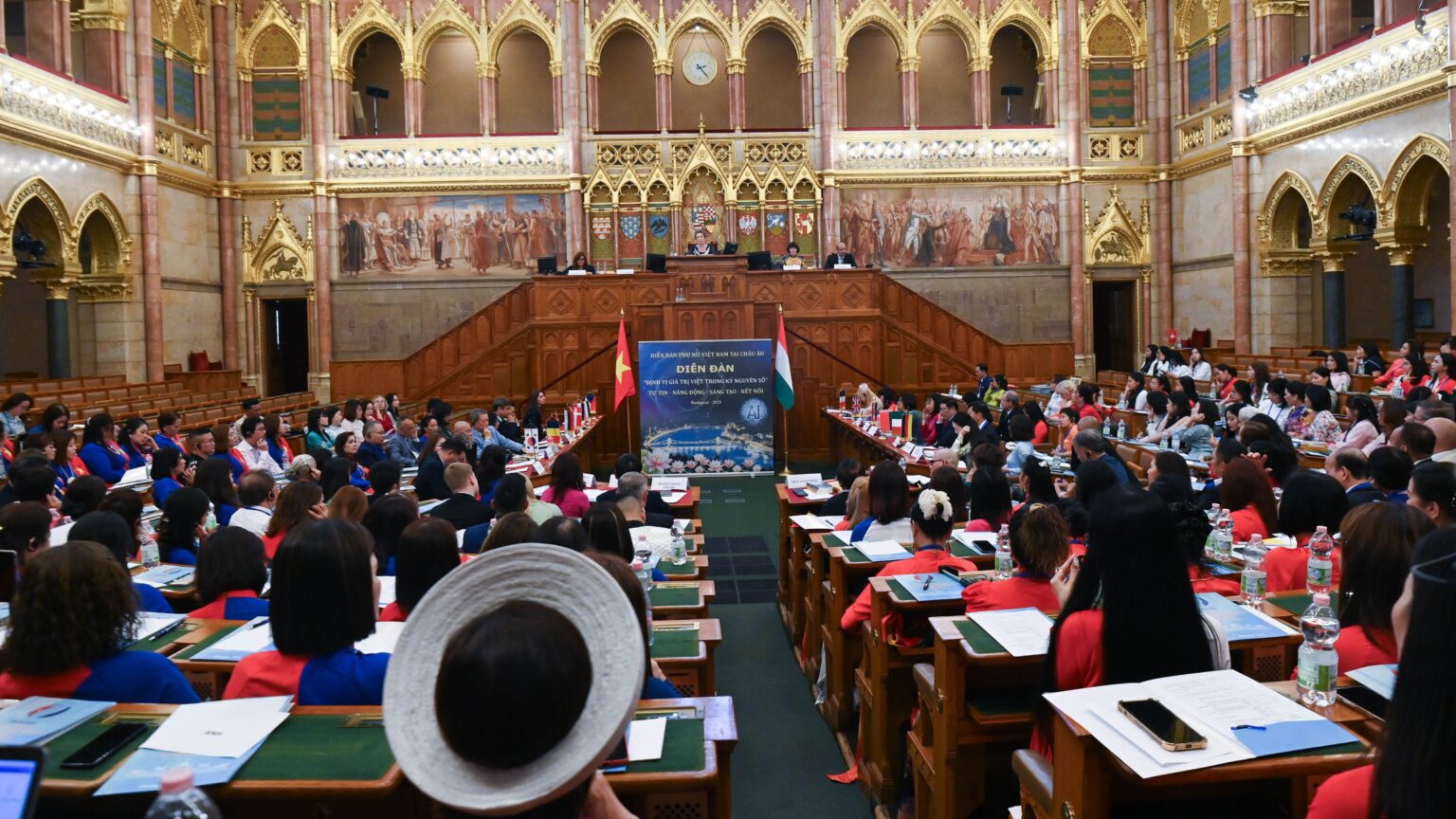
On 15 June 2025, Budapest hosted the forum Positioning Vietnamese Values Abroad in the Digital and Artificial Intelligence Era at the Hungarian Parliament. The event explored how diasporas use AI to preserve national identity and marked a deepening of cultural ties, led by the Vietnamese Women’s Forum in Europe.
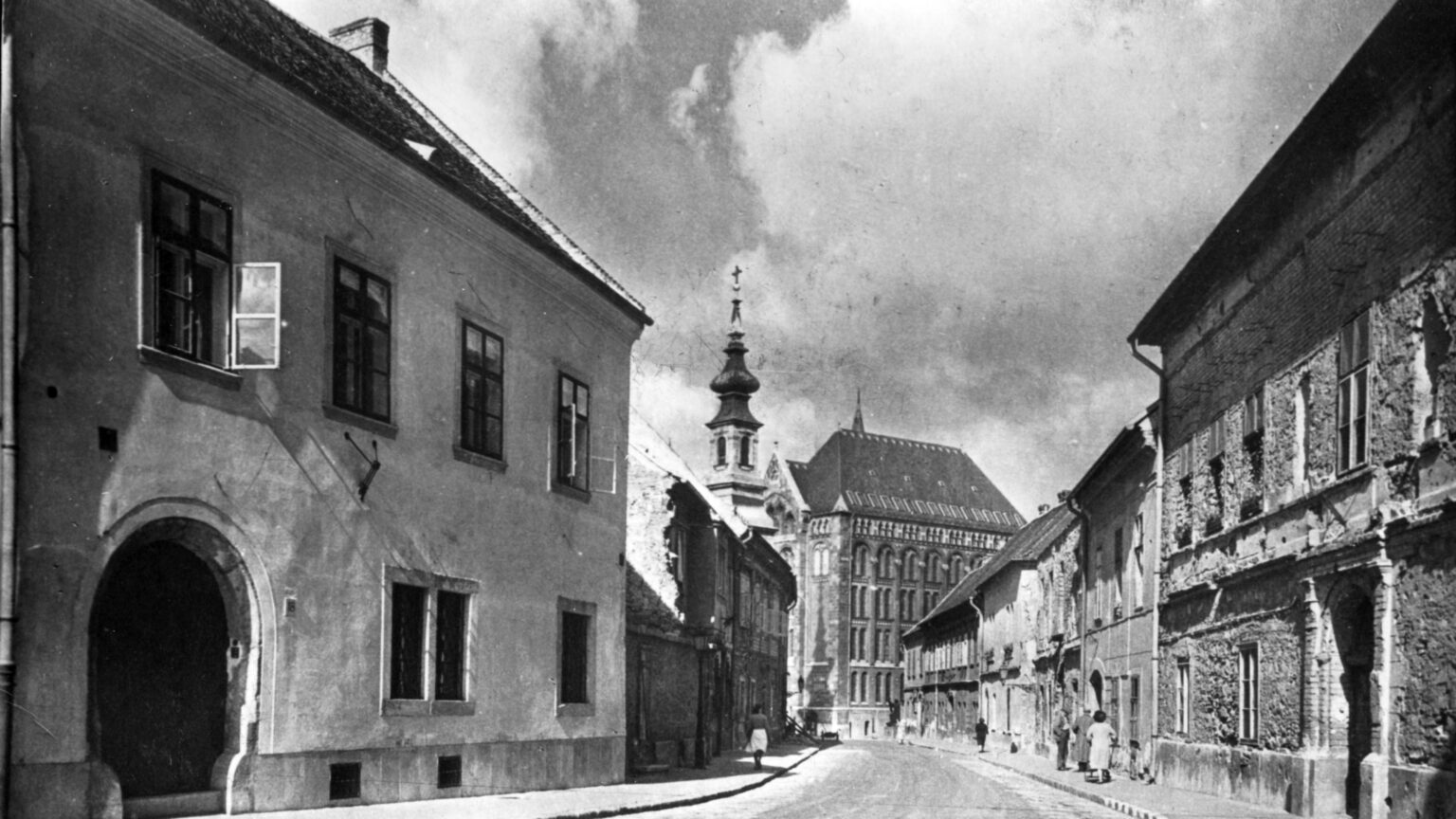
In the early 1950s, Hungary’s secret police targeted the Bécsi Kapu Square Lutheran congregation in one of its most extensive church surveillance operations. Despite amateur methods and critical errors, including mistaken identity, the investigation dragged on—highlighting both the paranoia and inefficiency of Rákosi-era state security.

Leonard Lauder, Chairman Emeritus of Estée Lauder Companies and son of founder and legendary business mogul Estée Lauder of Jewish Hungarian ancestry, passed away at 92 on Saturday, 14 June.
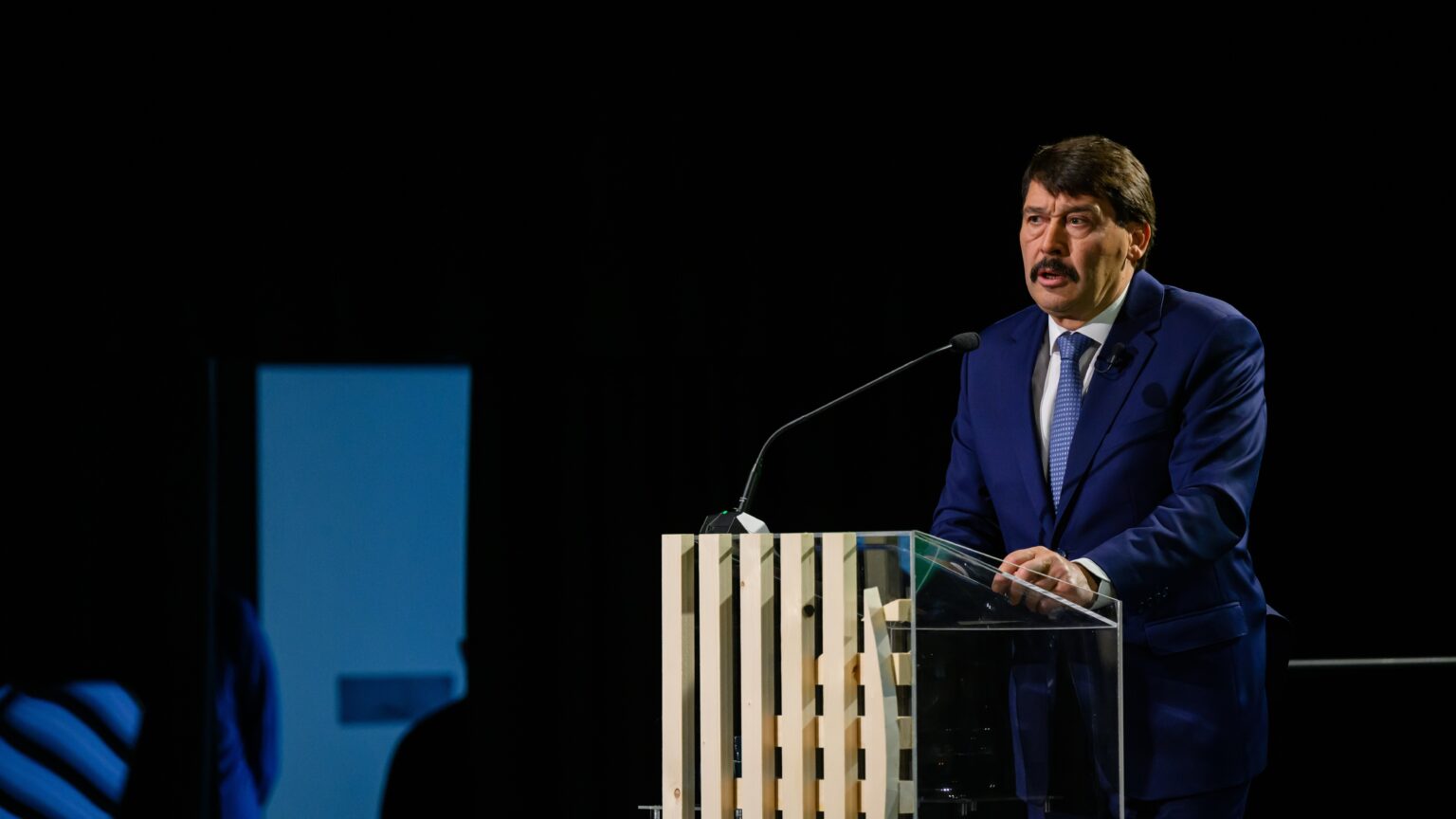
Former President Áder János announced the upcoming Planet Budapest 2026 expo while attending an environmental competition awards ceremony, where nearly 1,000 young participants presented sustainability solutions focused on climate and water issues.
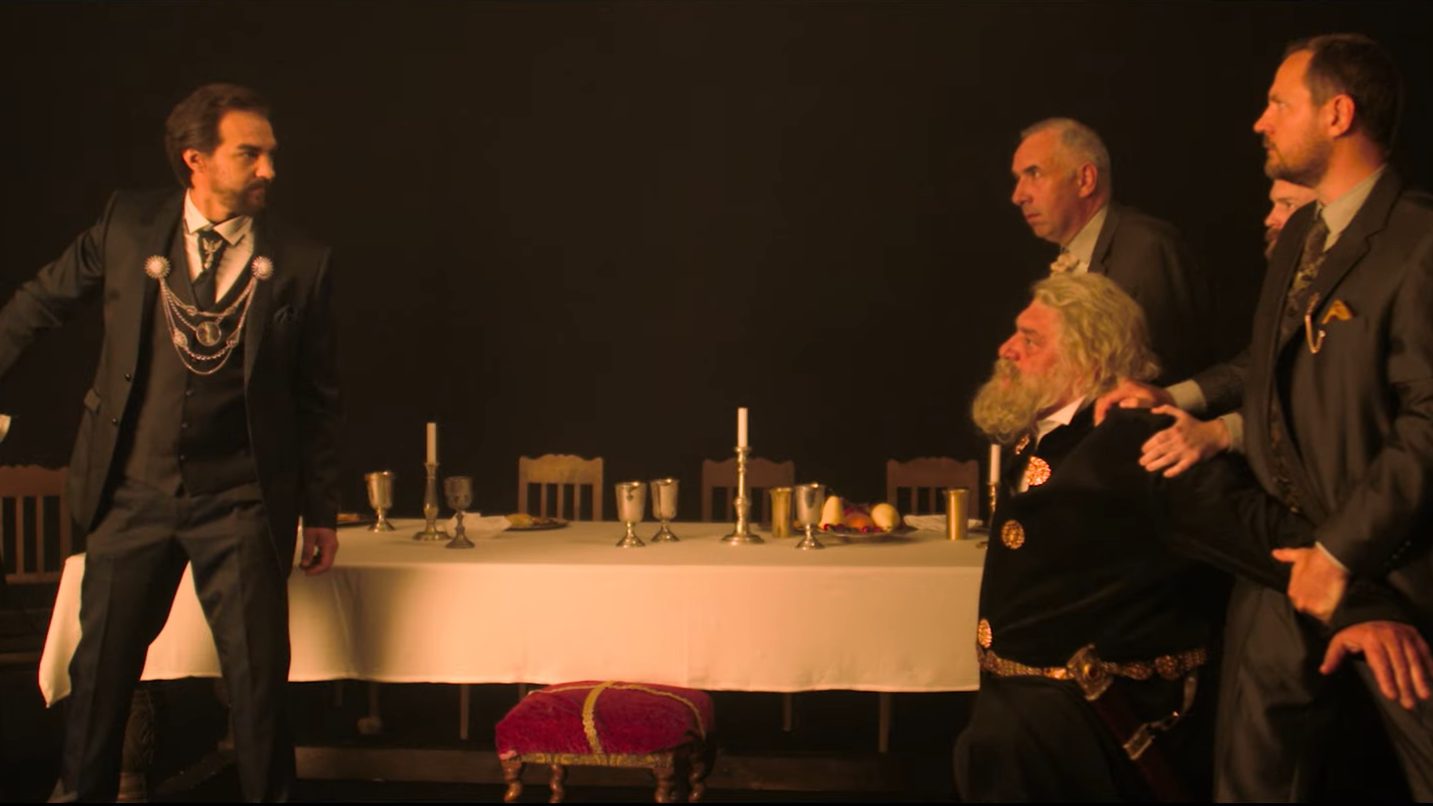
The Hungarian historical drama Királytalálkozó (The Riddle Pact) won three awards at the Vegas Movie Awards, marking a major international debut for the film that revisits the legendary 1335 summit of Central European kings.
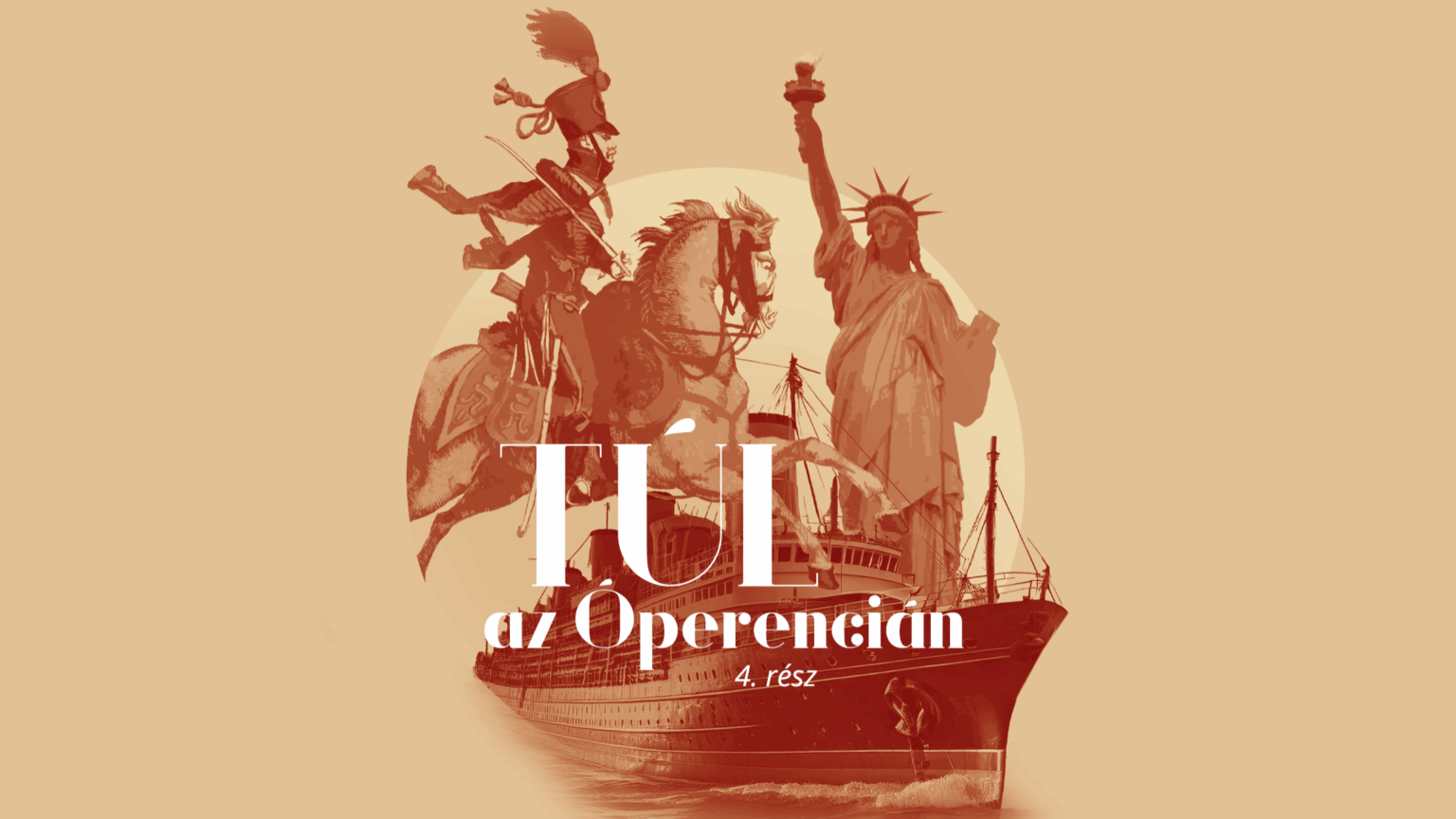
In its ‘Beyond the Óperencia’ series, Magyar Krónika is looking at the meeting points of America and Hungary, and at Hungarians in America, from penniless peasants to political emigrants and soldiers of fortune. In this part, let us explore the Kossuth emigration that made such a deep impression on American society that the ‘Hungarian cult’ was still thriving in the United States even more than ten years after the Hungarian governor-president’s tour.

‘The idea first became a plan, then a highly acclaimed, successful advertising campaign…for which they needed to find a cow…The photographer accepted the assignment and travelled all over the Alps until he found the ideal model in the Simmental Valley. The animal was painted purple under strict veterinary supervision and then photographed. It has been Milka’s advertising cow ever since.’
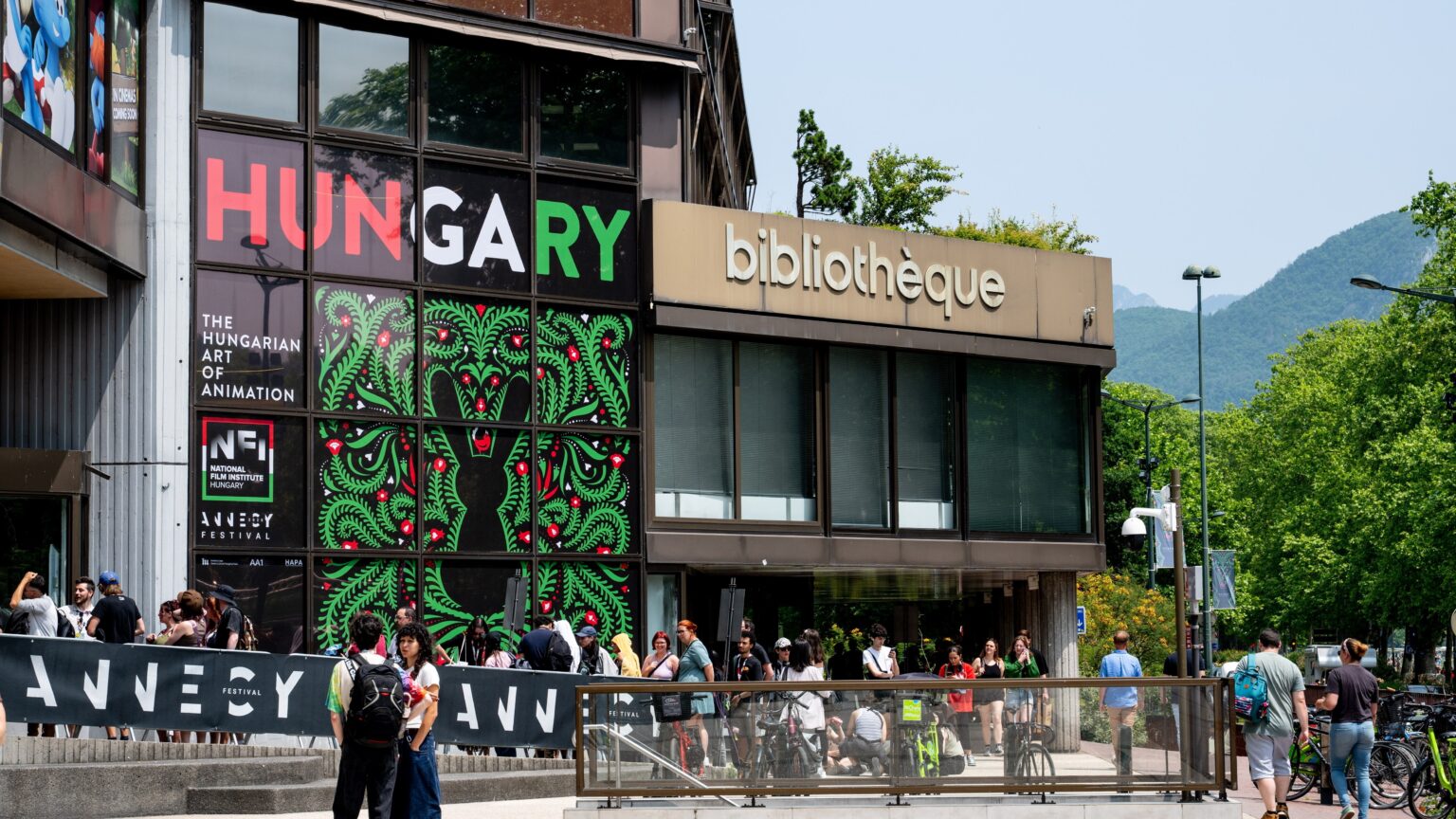
Hungary’s animation industry was honoured at the Annecy International Animation Festival, gaining international attention, forging new partnerships, and highlighting over a century of creative excellence in film, education, and technology.

Fehérvár FC (formerly known as Videoton), once a Hungarian football giant, has been relegated for the first time in 25 years. After public drama between its owner and the Mayor, the city municipality bought the club for the nominal fee of 1 HUF. Now under municipal control, survival—not promotion—is the goal for next season.
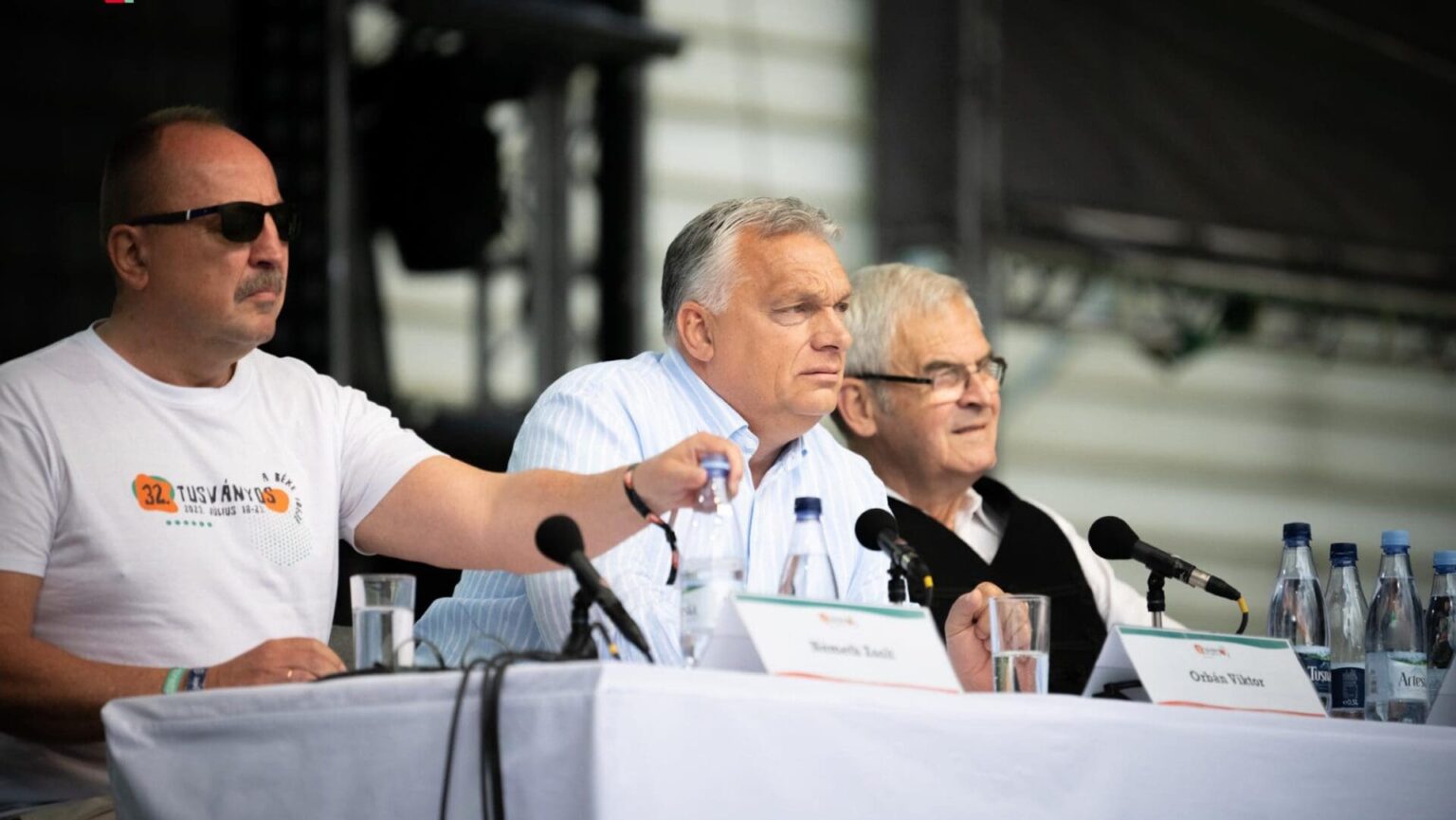
Despite opposition leader Péter Magyar walking on foot from Budapest to Nagyvárad (Oradea) to court voters, Fidesz remains immensely popular with Transylvanian Hungarians holding dual citizenship. A new poll by a Koloszvár (Cluj)-based research firm found that 96 per cent of them would back Prime Minister Orbán’s party in an election.

Hungary saw a major tourism boom over the Pentecost weekend, with 45 per cent more visitors at Lake Balaton and a nationwide surge in hotel stays driven by warm weather and holiday travel. Tourism revenue rose 35 per cent, hitting a record 12.1 billion forints.

After Trump’s second-term crackdown on USAID—backed by Musk’s DOGE—the Fidesz faction in the Hungarian National Assembly announced a documentary in April exposing alleged ties to local liberal groups. Now, posts about it on X are blowing up, with tens of thousands of likes fuelling fresh attention to the scandal.

Budapest’s National Athletics Centre has won two public choice awards at the prestigious Architizer A+Awards, earning global recognition for its iconic design and sustainable transformation following the 2023 World Athletics Championships.

Jack Quillin, posting under the X account LA Scanner, happily shared compromising information about the whereabouts of ICE agents during the Los Angeles riots. However, once internet users shared his personal information, he quickly started begging for forgiveness and deleted his account.
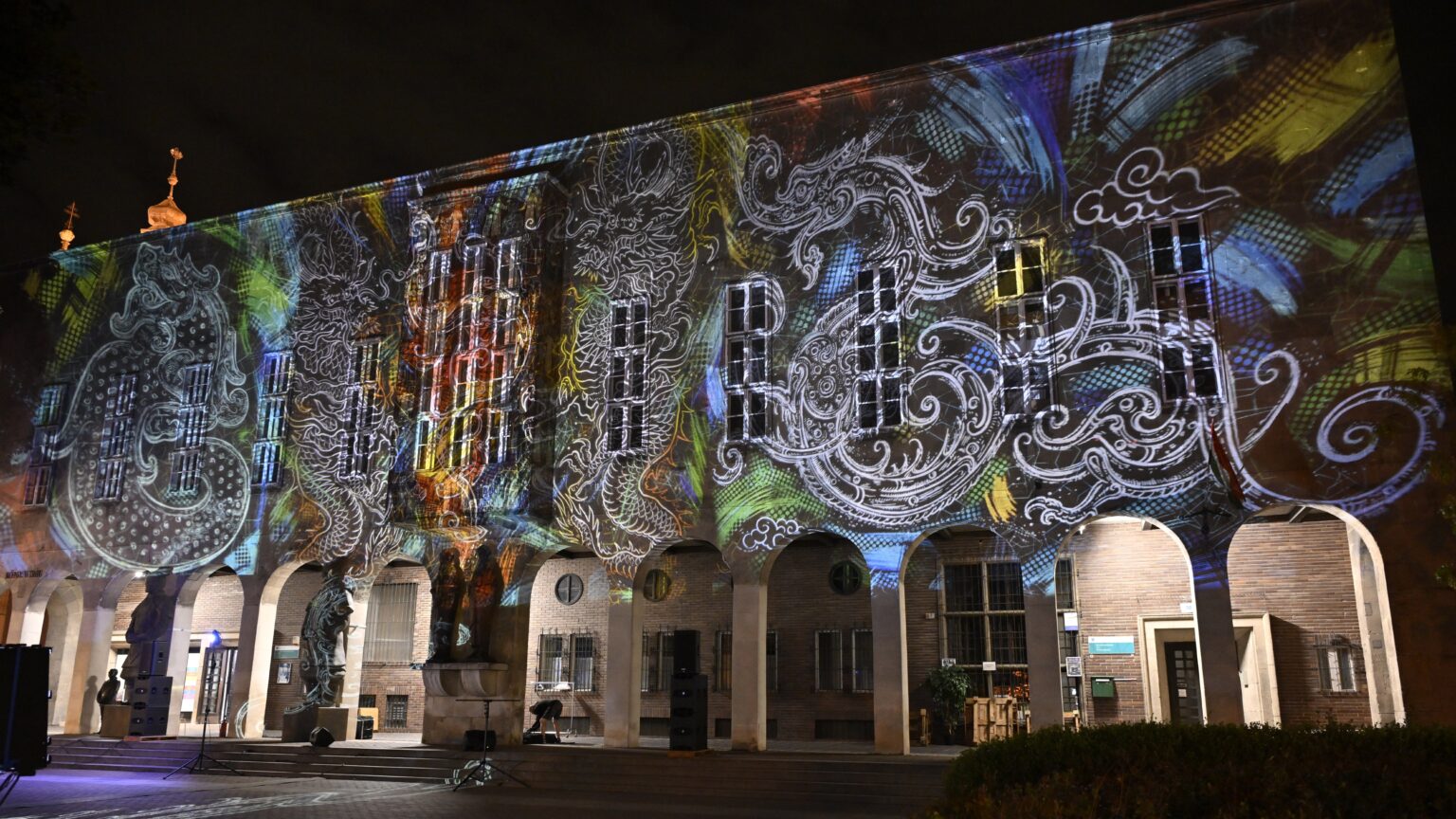
Hungary’s beloved Night of Museums returns on 21 June with over 2,700 programmes at 470 venues. This year’s event pays tribute to Mór Jókai, offering a vibrant mix of literature, arts, and family-friendly activities, from concerts to card games.
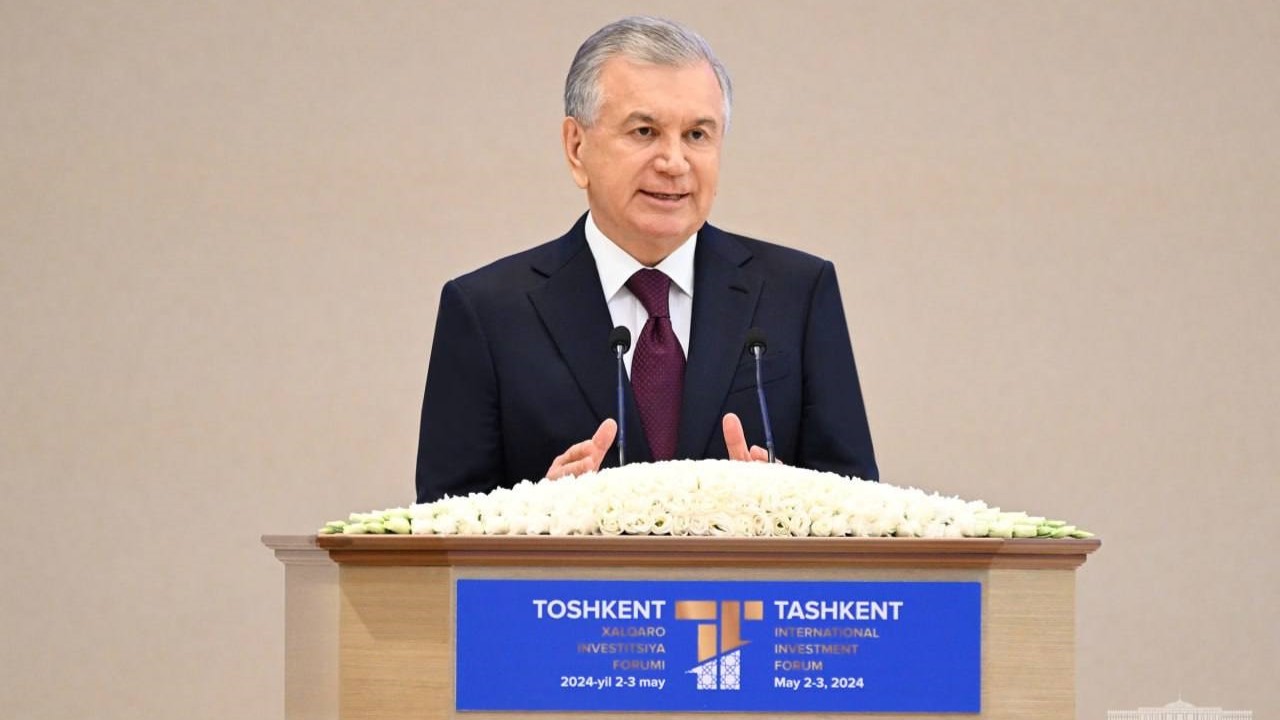
Uzbekistan’s new ‘Golden Visa’ programme offers 5-year residency to foreign investors for $150,000 per family member. Aimed at boosting investment and economic growth, the initiative strengthens legal guarantees, fosters international cooperation, and reflects the country’s ongoing commitment to openness and reform.

A new four-star hotel, the TRIBE Budapest Airport Hotel, has opened just steps from Terminal 2 of Liszt Ferenc International Airport. Developed by WING and operated with Accor, the stylish new facility offers 167 rooms, a rooftop bar, and direct airport access.
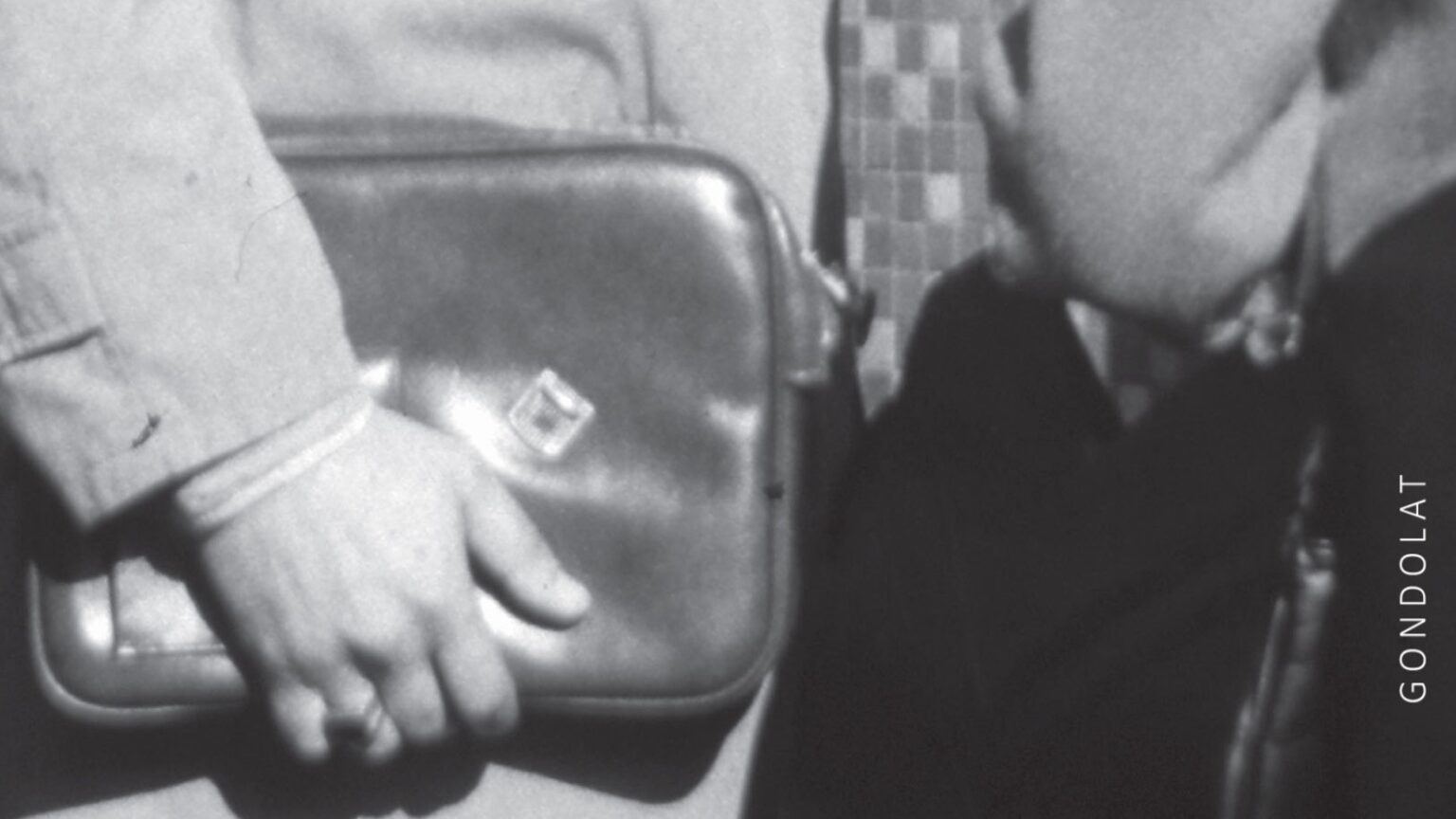
A new volume by historian István Pál explores Hungary’s Cold War espionage operations in the US and UK. New York–Washington–London reveals key cases from 1950–1970, offering rare insight into the shadowy world of state socialist intelligence and its often flawed, yet revealing, tactics abroad.

Liverpool FC has announced the signing of 20-year-old Hungarian goalkeeper Ármin Pécsi from Puskás Akadémia. Midfielder and Hungarian national team captain Dominik Szoboszlai is already playing for the reigning English champions; while another Hungarian international, left-back Milos Kerkez, is reportedly close to joining the Reds.
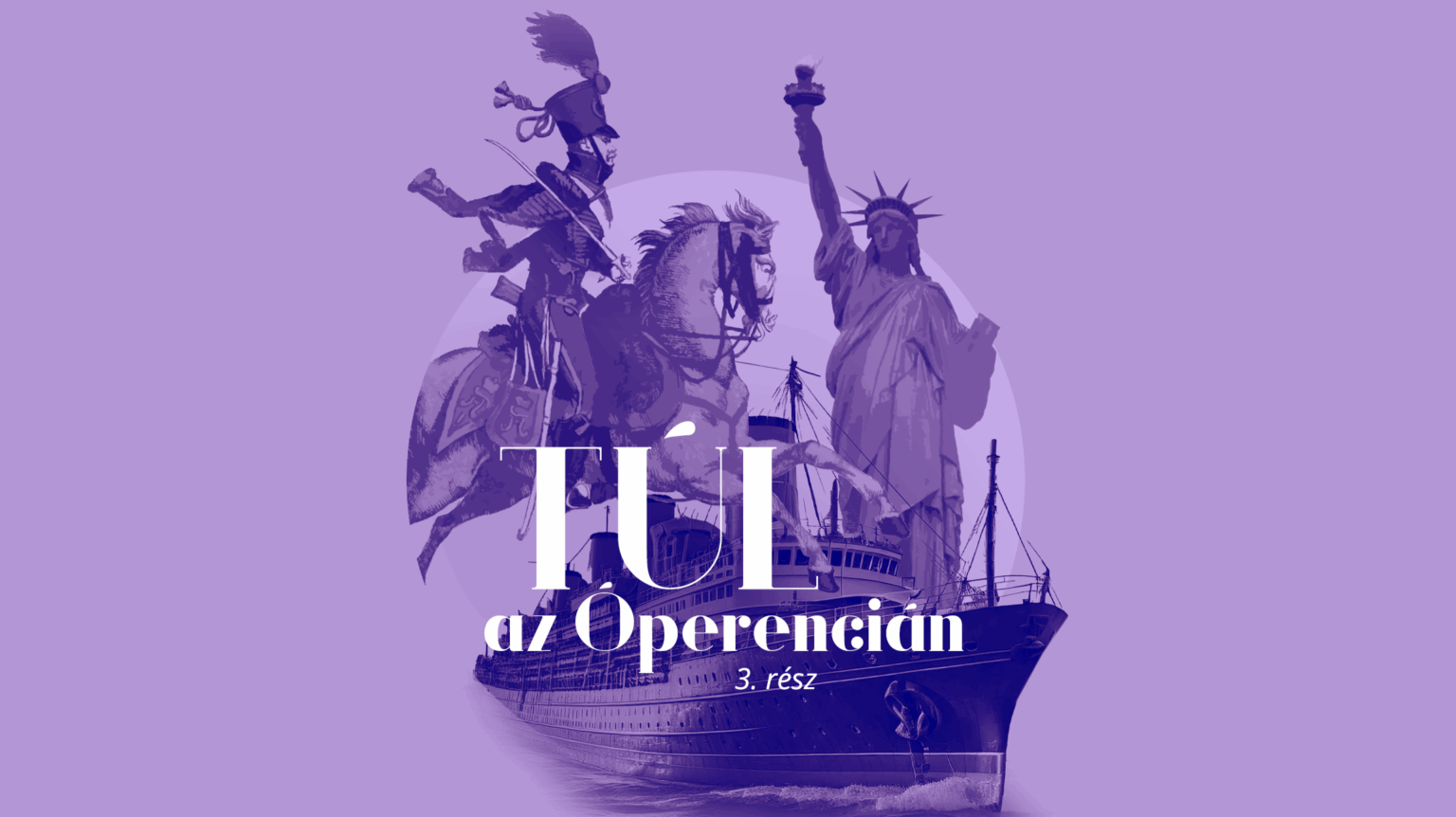
In its ‘Beyond the Óperencia’ series, Magyar Krónika will be looking at the meeting points of America and Hungary, and at Hungarians in America, from penniless peasants to political emigrants and soldiers of fortune. In this part, we will take a look at Sándor Bölöni Farkas’ life and travelogue, Journey to North America, which was the first to introduce the New World to the Hungarian public.
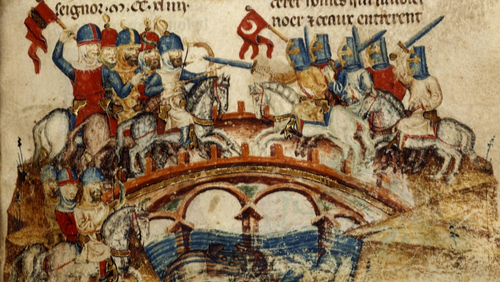
‘The losses and military failures suffered by the Tatars, most of which occurred in Hungary, are rarely mentioned among the reasons for their unexpected withdrawal from Central Europe…Since Hayton’s best-selling work in Europe attributed the stopping of the Mongols to the Austrian prince, the heroic resistance of the Hungarians was almost completely forgotten.’
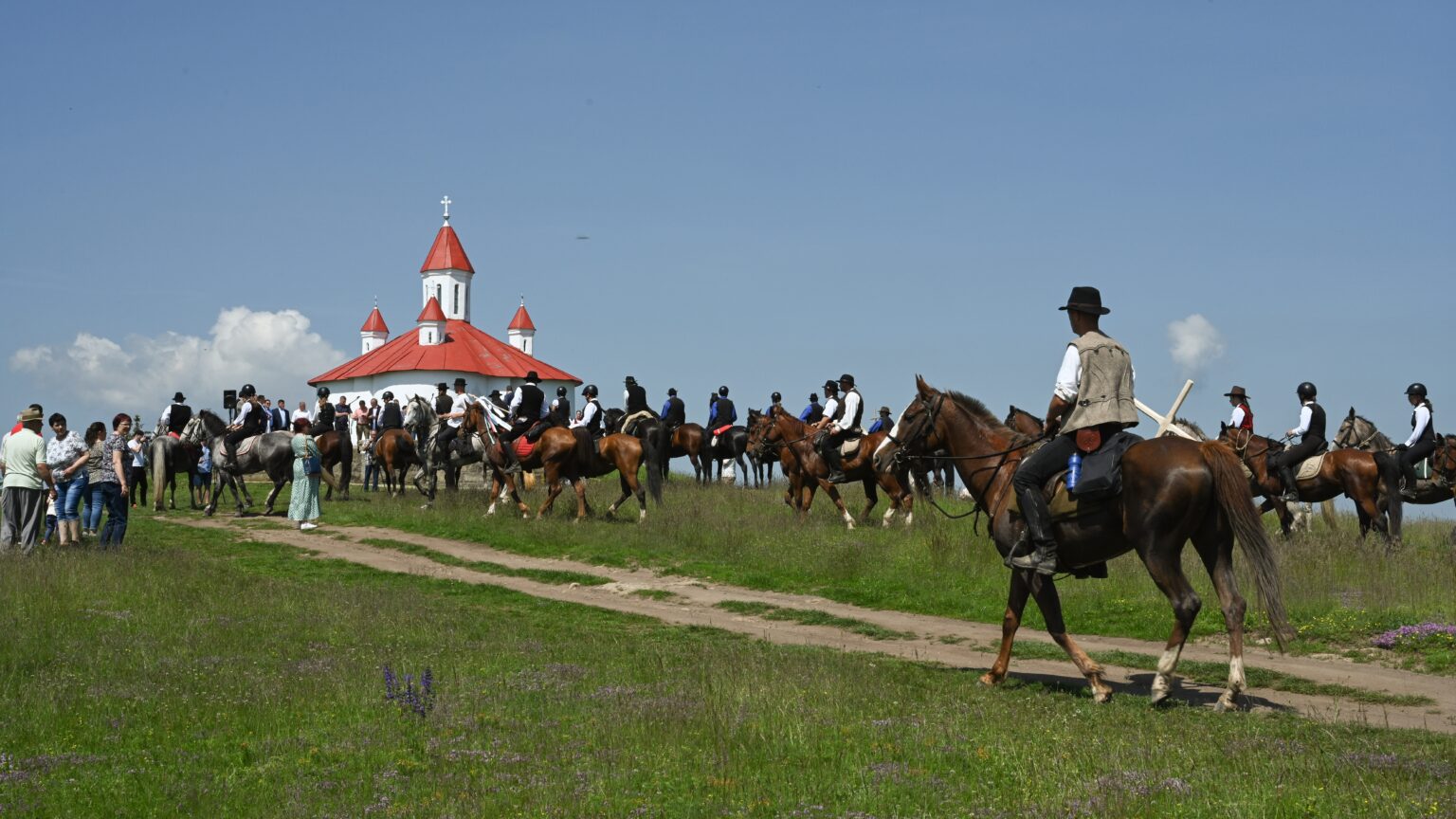
This Sunday, Christians celebrate Pentecost, marking the Holy Spirit’s descent upon the disciples 50 days after Easter. As one of Christianity’s most important feasts, Pentecost signifies the birth of the Church and the spreading of the Gospel.

Budapest Mayor Gergely Karácsony halted public transport for ten minutes to protest PM Orbán’s supposed draining of the city finances. He blames a state-imposed ‘solidarity contribution’, while the national Fidesz government blames the liberal city leadership’s poor fiscal management and claims the order to halt public transport was illegal.

They were close friends and allies only a week ago, now they are bitterly feuding with each other: US President Donald Trump and the world’s richest man Elon Musk cannot seem to agree if the new spending bill reduces or increases the deficit.

Researchers at the University of Szeged have uncovered a new layer of plant immunity: guard cells not only close pores to block pathogens but also produce defensins—antimicrobial proteins—triggered by jasmonic acid. The finding could lead to eco-friendly crop protection methods using plants’ own defences.

Hungarian Conservative is a quarterly magazine on contemporary political, philosophical and cultural issues from a conservative perspective.